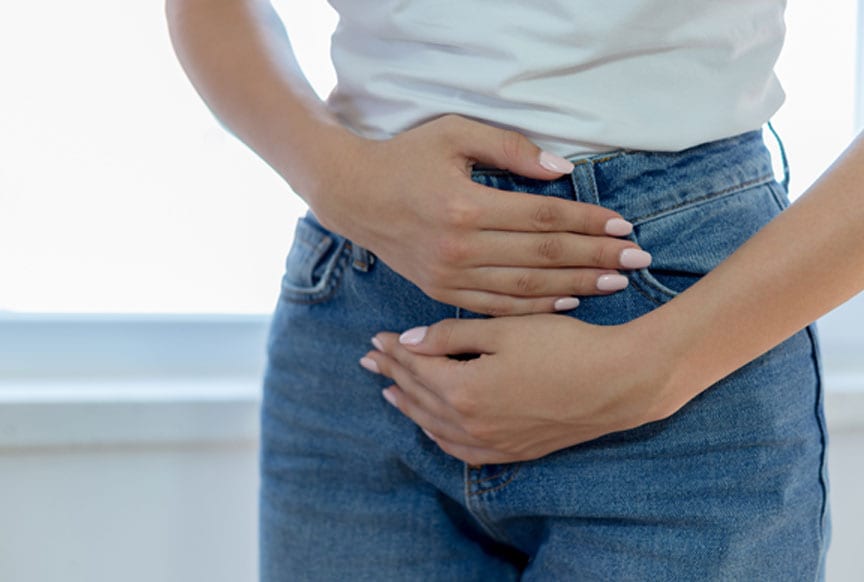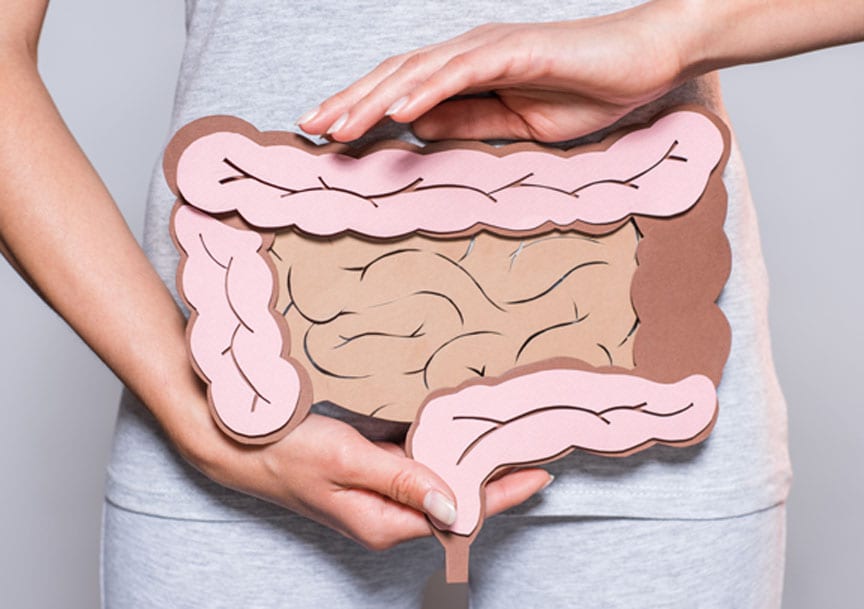Bowel Control Treatments
Many cases of fecal incontinence are temporary bouts of severe diarrhea due to food poisoning, but some individuals suffer from nerve or muscle damage that leads to chronic or recurrent fecal incontinence.
Some of these cases are caused by injuries incurred while giving birth, but fecal incontinence can also be caused by a number of other conditions, such as a spinal cord injury, a stroke, chronic constipation, diabetes, multiple sclerosis, hemorrhoid surgery, congenital condition, and colorectal or prostate cancer treatments.
Diagnosis
Before initiating a treatment, it is essential to determine the cause of the fecal incontinence and the extent of the damage. This can be determined by performing a series of tests, such as proctography, colonoscopy, and MRI.
Treatments
Some cases of fecal incontinence can simply be treated with anti-diarrheal medications or with dietary changes. Other treatment approaches depend on the cause of the condition.


For rectal prolapse: A rectal prolapse occurs when the rectum protrudes through the anus. This condition often leads to fecal incontinence and can be caused by damage from childbirth or chronic constipation. Surgical repair of the prolapse often treats the fecal incontinence.
For muscle damage: Incontinence caused by damage to the muscles that control the anus can sometimes be treated with special exercises directed by a physical therapist, combined with biofeedback to improve awareness of the urge to defecate and to strengthen the pelvic floor and anal muscles to prevent defecation at inappropriate times and places. Other treatments that can be helpful include injections of permanent bulking agents into the walls of the rectum or insertion of a vaginal balloon that puts pressure on the wall of the rectum.
For sphincter damage: Cases of incontinence caused by damage to the anal sphincter during childbirth, or because of treatments for colorectal cancer or other causes, can be surgically treated. Several approaches can be used to repair a partially damaged anal sphincter. If the sphincter is too severely damaged, an artificial sphincter device can be inserted that keeps the anal opening tightly closed until it is manually released.
For nerve damage: In cases where the fecal incontinence is caused by damage to the nerves that control the anus, sacral nerve stimulation can help. For example, Medtronic has developed a small device (the InterStim system) that is implanted under the skin and acts to stimulate the sacral nerves with low-level pulses of electricity. This treatment improves communication between the brain and the bowel and can help restore anal control in many individuals.
Colostomy
If all other treatments fail and the fecal incontinence is severe, a colostomy to divert the stool to an external bag is an option. Although this approach sounds unpleasant, it can significantly restore quality of life and self-confidence. Many individuals who suffer from uncontrolled fecal incontinence become house-bound and avoid interacting with others, but a colostomy can prevent accidents and restore an individual’s ability to control the final release of their stool.

